Simply put, Jane Goodall is a legend. Her groundbreaking research on chimpanzees during her time at the Gombe Stream National Park in Tanzania in the 1960s changed the way scientists viewed the primates forever. Though she hadn’t been formally trained, Goodall’s discovery – that chimps were highly intelligent beings, had complex social structures, and could make and use tools – was revolutionary at the time.
Goodall’s scientific career began long before she trekked into the East African nation’s rugged mountains to study great apes, however. Her “science story” stretches all the way back to her childhood, and Neil deGrasse Tyson gets the scoop during an upcoming episode of his late-night show “StarTalk.”
During the show, Goodall explains her love of animals and science began when she was just 4 years old and wanted to know how hens laid eggs. After crawling into her family’s hen house and observing for hours, which prompted her parents to call the police because they had no idea where she was, Goodall finally learned the secret behind the mystery – and she couldn’t wait to tell her mother all about it.
“Isn’t that the making of a little scientist?” she explains. “Curiosity, asking questions, not getting the right answer, deciding to find out for yourself, making a mistake and not giving up and learning patience. It was all there when I was 4 and a half.”
In addition to her inquisitiveness, Goodall also had parents who encouraged her explorations, something kids today still need. “A different kind of mother might have crushed that scientific curiosity, and maybe I wouldn’t have done what I’ve done,” she says.
Goodall joins “StarTalk” co-host Chuck Nice, biological anthropologist Jill Pruetz, and primatologist Natalia Reagan to discuss chimp behavior, animal and environmental ethics, and the evolutionary differences between chimpanzees and humans.





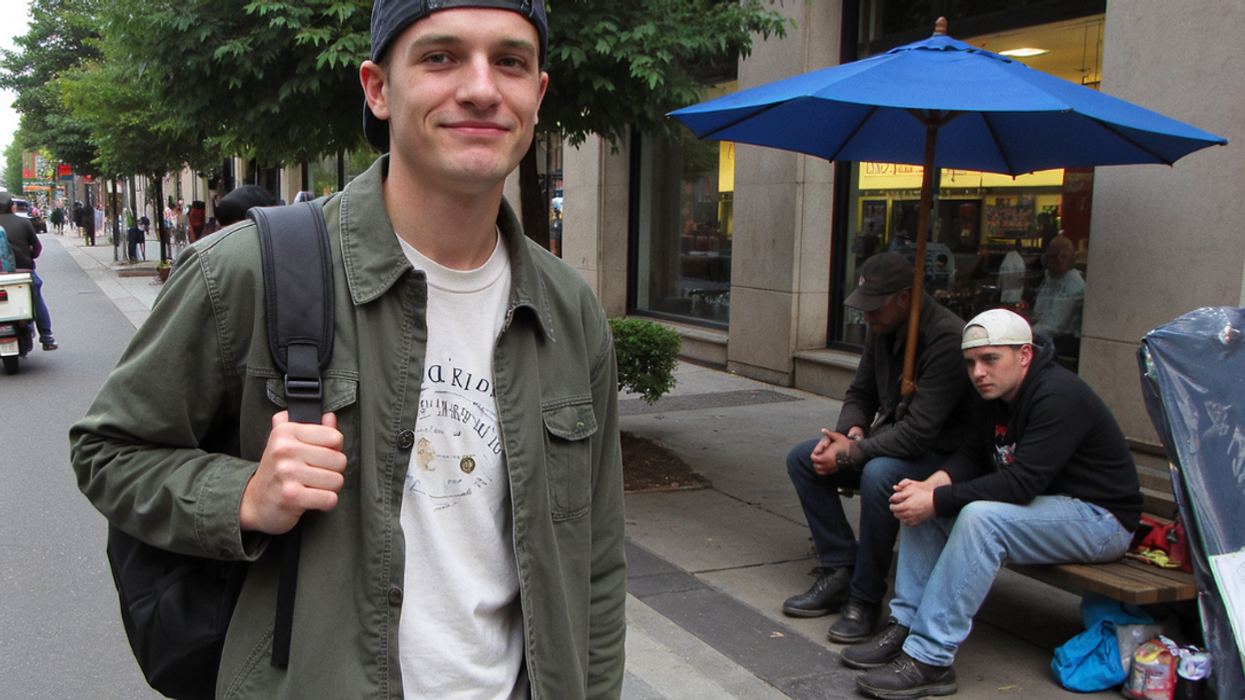



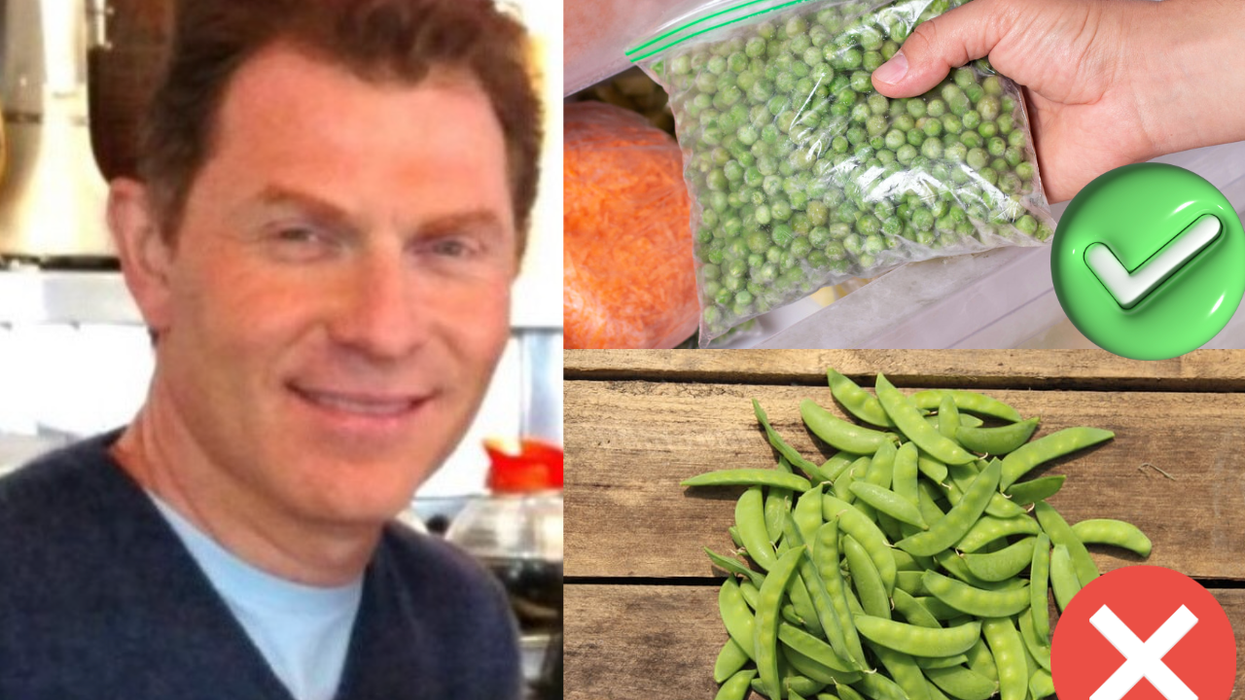


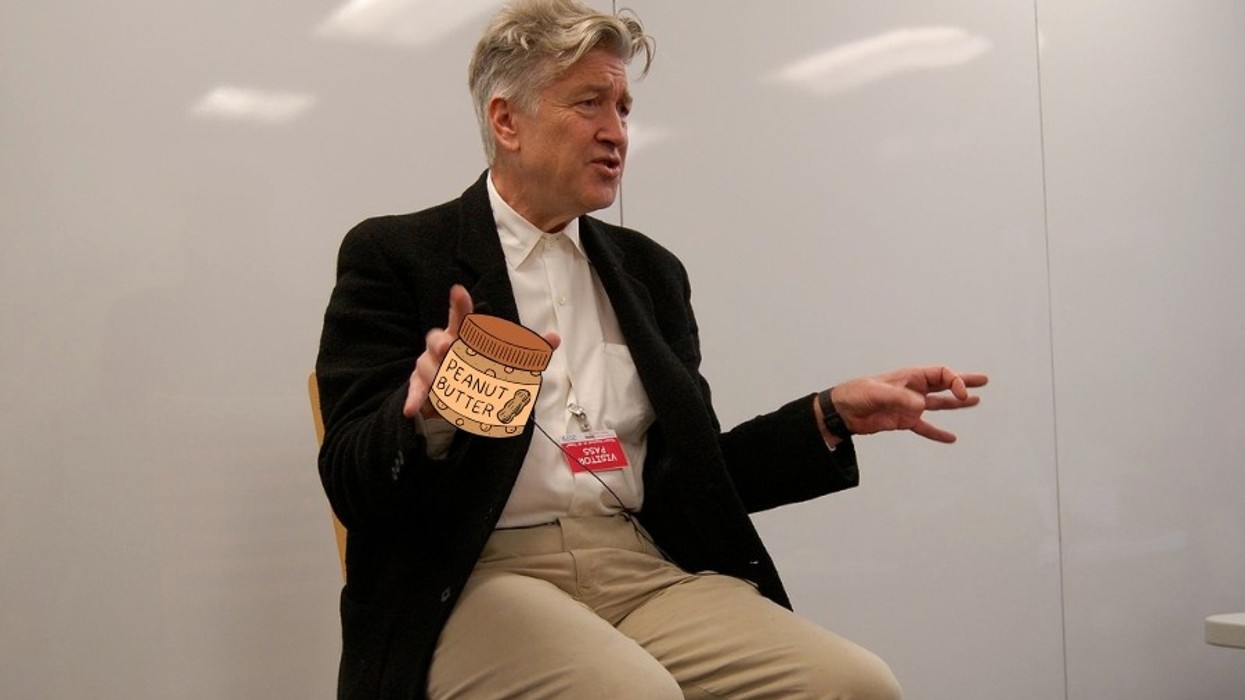



 Wiman hiding her face behind a bunch of cashCanva
Wiman hiding her face behind a bunch of cashCanva A mansion and its reflection in the swimming poolCanva
A mansion and its reflection in the swimming poolCanva Salzburg at nightCanva
Salzburg at nightCanva Fancy homeCanva
Fancy homeCanva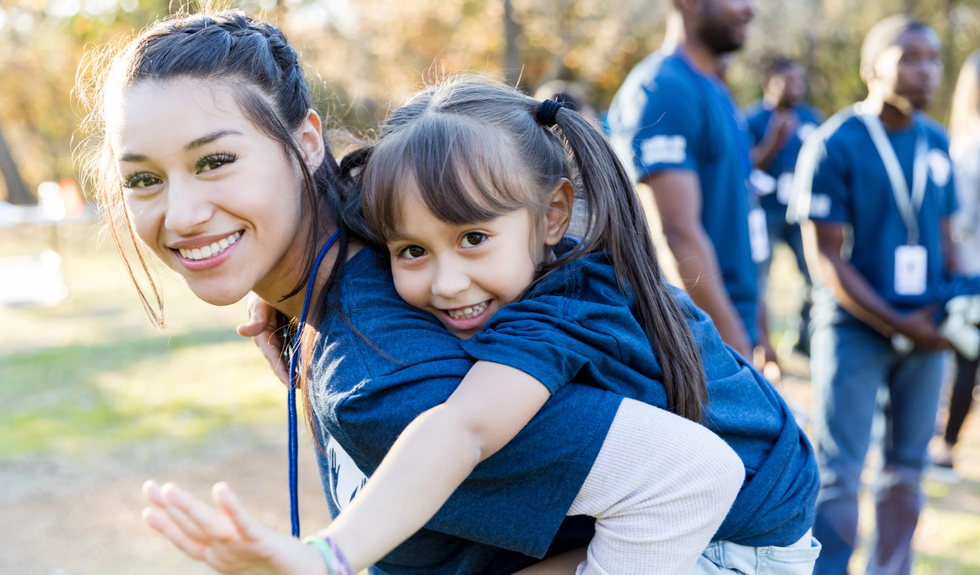 Happy volunteersCanva
Happy volunteersCanva
 Parents of young children get more time with them if they work from home.Photo credit: Canva
Parents of young children get more time with them if they work from home.Photo credit: Canva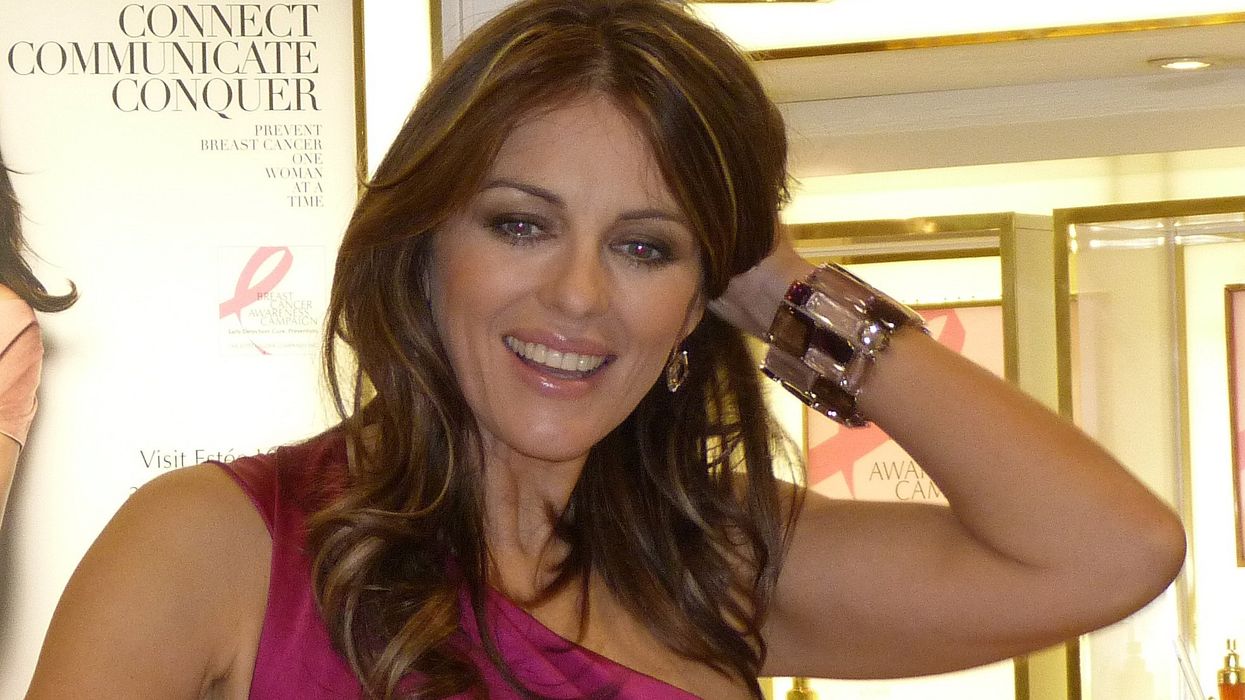
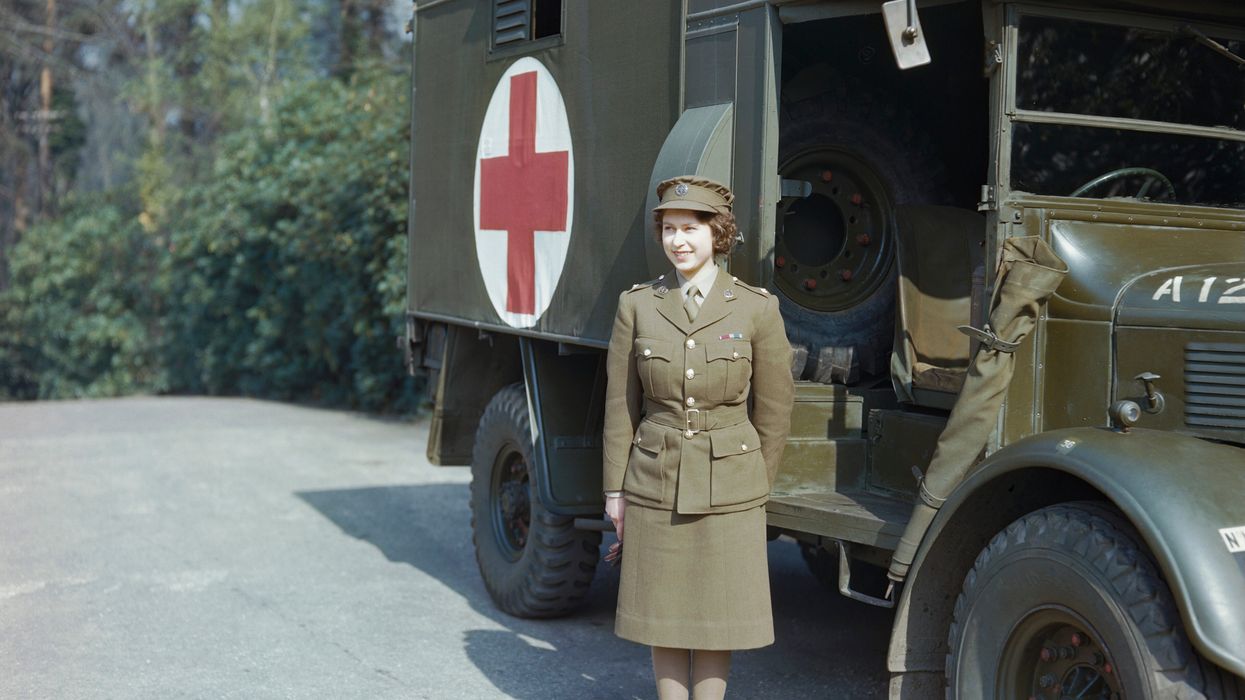



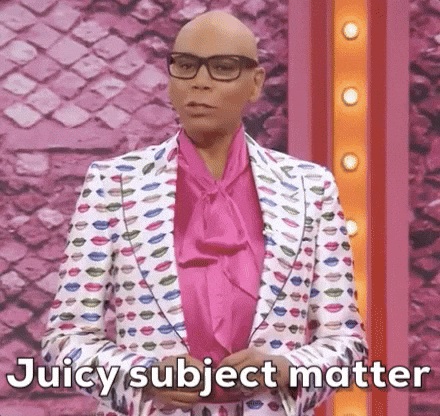 Juicy subject matter
Juicy subject matter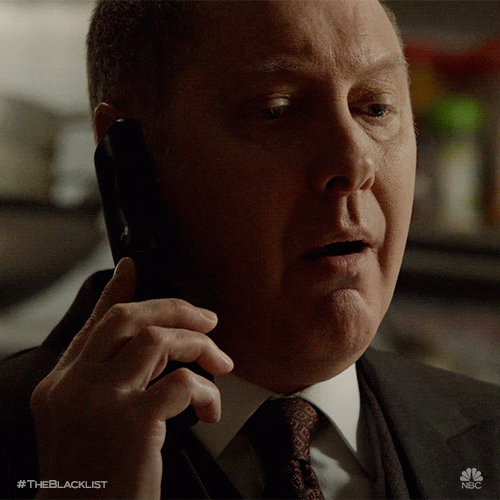 Giphy from The Blacklist.
Giphy from The Blacklist.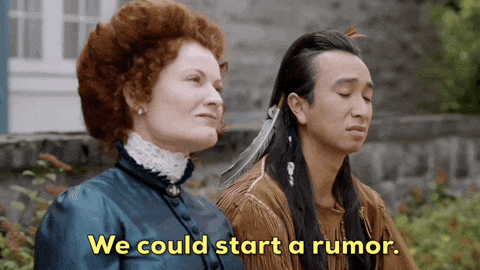 We could start a rumor.
We could start a rumor.
Grieving couple comforting each other
This response to someone grieving a friend might be the best internet comment ever
When someone is hit with the sudden loss of a friend or loved one, words rarely feel like enough. Yet, more than a decade ago, a wise Redditor named GSnow shared thoughts so profound they still bring comfort to grieving hearts today.
Originally posted around 2011, the now-famous reply was rediscovered when Upvoted, an official Reddit publication, featured it again to remind everyone of its enduring truth. It began as a simple plea for help: “My friend just died. I don't know what to do.”
What followed was a piece of writing that many consider one of the internet’s best comments of all time. It remains shared across social media, grief forums, and personal messages to this day because its honesty and metaphor speak to the raw reality of loss and the slow, irregular path toward healing.
Below is GSnow’s full reply, unchanged, in all its gentle, wave-crashing beauty:
Why this advice still matters
Mental health professionals and grief counselors often describe bereavement in stages or phases, but GSnow’s “wave theory” gives an image more relatable for many. Rather than a linear process, grief surges and retreats—sometimes triggered by a song, a place, or a simple morning cup of coffee.
In recent years, this metaphor has found renewed relevance. Communities on Reddit, TikTok, and grief support groups frequently reshare it to help explain the unpredictable nature of mourning.
Many readers say this analogy helps them feel less alone, giving them permission to ride each wave of grief rather than fight it.
Finding comfort in shared wisdom
Since this comment first surfaced, countless people have posted their own stories underneath it, thanking GSnow and passing the words to others facing fresh heartbreak. It’s proof that sometimes, the internet can feel like a global support group—strangers linked by shared loss and hope.
For those searching for more support today, organizations like The Dougy Center, GriefShare, and local bereavement groups offer compassionate resources. If you or someone you know is struggling with intense grief, please reach out to mental health professionals who can help navigate these deep waters.
When grief comes crashing like the ocean, remember these words—and hang on. There is life between the waves.
This article originally appeared four years ago.